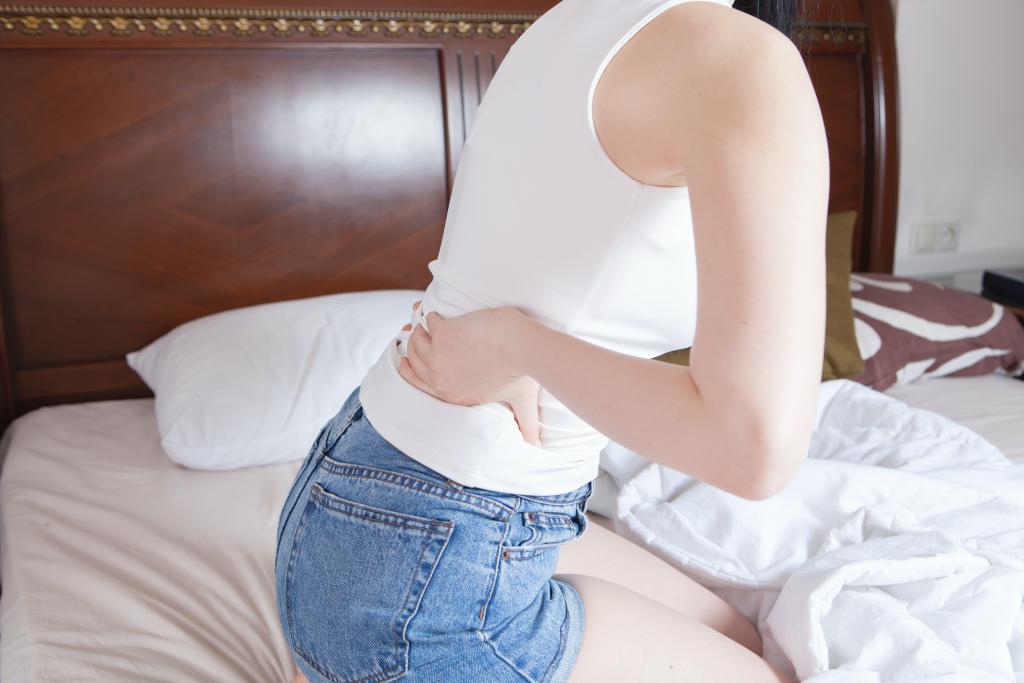
Women are most commonly diagnosed with endometriosis in their 20s, however, teenagers can absolutely have endometriosis. Because the average time to receive a correct diagnosis is approximately 7 to 10 years, many women have been living with endometriosis since they were teenagers – they just didn’t know it!
Endometriosis has been diagnosed in girls as young as seven years old.
Living with endometriosis at any age is challenging, however as a teenager it poses a few different obstacles.
One of Australia’s leading support groups for people affected by endometriosis, QENDO, estimates that 26 percent of girls between 14 and 19 years old have missed school because of their period. Two percent of these have time off for every single period. Painful and heavy periods can affect their education, sport and extra curricular activities, social life, relationships and work.
At Grace, our gynecologists specialise in treating people of all ages who are affected by endometriosis, including teens.
Endometriosis is a condition where tissue similar to that which normally lines the uterus grows in other parts of the body, usually in the pelvic cavity. During a period, when the lining is shed, this tissue outside the uterus also bleeds.
When this bleeding occurs, inflammation, scar tissue, cysts and adhesions are formed. Over time and with subsequent menstrual cycles, the scar tissue increases and can immobilise organs, fuse organs and cause damage to the fallopian tubes.

The symptoms:
Everyone experiences endometriosis symptoms differently and the level of pain differs between every individual. Some symptoms may include:
Early diagnosis for teenagers experiencing endometriosis symptoms is vital.
It’s important that teenagers, their caregivers and their health professionals are aware of endometriosis so they can manage symptoms and discuss treatment options.
A delay in diagnosis can affect an individual both physically and emotionally, as they struggle to deal with the consequences of the pain in terms of missed schooling and social events.
Diagnosing endometriosis as early as possible can help women remain at work, enhance their wellbeing and provide valuable information that will help them advocate for themselves throughout their endometriosis journey.
How to help teenagers diagnosed with endometriosis
Endometriosis is often called the ‘invisible disease’, as there are no outward signs that someone is experiencing pain from this condition. Because of this, even with a diagnosis endometriosis can be very hard to manage.
Empowering teenagers through self advocacy is a powerful way to help. Encouraging them to:
While endometriosis isn’t curable, there is treatment available that can reduce and potentially eradicate the symptoms. The three main types of treatment include:
Alternative therapy
Alternative therapies used to treat endometriosis include:
At Grace, we have an onsite dietitian who can help with diet management and physiotherapists who can assist with pain management.
Drug therapy
Medication is used to manage the symptoms and minimise pain. Drug therapy could include pain relief medication, such as paracetamol or anti-inflammatories, or other hormone therapies to suppress menstruation and ovulation.
Surgery
Our Grace Private gynaecologists are experienced and specialise in minimally invasive procedures. A Laparoscopy is used to diagnose and treat endometriosis. The surgical incisions are very small with minimal cosmetic disruption and less pain than any open procedure.
During a Laparoscopy the surgeon examines the pelvic organs for endometriosis lesions and may remove scar tissue, all while the patient is under general anaesthetic.
To speak with someone face-to-face, you can ask your GP for a referral to one of our Grace Private gynaecologists and request an appointment here. Alternatively, you can access a wide range of resources and information about teenagers living with endometriosis from the following support and advocacy groups:

